“The French Dispatch” review: An intrinsic ode to the art of journalism
February 8, 2022
There is no doubt in mind that “The French Dispatch” is Wes Anderson’s most detailed and distinctive film yet. Anderson, who has spent a good portion of his life immersing himself in French culture and finding inspiration in magazines such as The New Yorker, creates a film that encapsulates the beauty and artistry of journalism in his ever so flamboyant and boisterous directorial style.
The film is set throughout the mid-20th century in a fictional city in France called Ennui-sur-Blasé, which literally translates to “boredom-on-apathy” in typical Anderson fashion. A young and eager Arthur Howitzer Jr. (Bill Murray) sets off and inherits the Sunday supplement of his father’s magazine, the Liberty, Kansas Evening Sun. He turns it into a vibrantly rich travelogue composed of different stories by different writers. As time passes and Howitzer’s publication grows, what was once a small travel experiment is now a published phenomenon of artistry, politics, cuisine, culture, and so on. The film particularly builds on Howitzer’s recent passing and his testimony in regards to the magazine’s termination, as the writers come together to commemorate his enterprise one last time with an amalgamation of stories for the final edition.
Anderson does it again by introducing us to an array of quirky and peculiar characters who all serve a special purpose: personifying the aesthetic and the eccentric nature that makes a Wes Anderson film different from the rest. He brings back some of his regulars such as Murray, Owen Wilson, Tilda Swinton and Frances McDormand, along with some new yet notable faces like Timothée Chalamet, Jeffrey Wright, and Elizabeth Moss. The characters breathe life into the stories and their fictional environments effortlessly. This is instantly noted at the beginning of the film, as Wilson’s cycling journalist Herbsaint Sazerac takes us on a vividly eventful tour of Ennui-sur-Blasé.
The film’s cast is undoubtedly capable in terms of range, a trait that Anderson seems to admire and apply to his characters as well. For example, McDormand’s Lucinda Krementz is a dead-pan writer who is ferociously dedicated to her craft. Wright’s Roebuck Wright is an avid food journalist who finds comfort in his solidarity, while Murray portrays Howitzer as the intimidating editor-in-chief who can be violently blunt. Unfortunately, I feel like there was wasted potential in the film that could’ve made it perfect. I would’ve loved to see more of the characters portrayed by Moss (who plays a copy-editor) and Saoirse Ronan (who plays a junkie showgirl), for example.
When it comes to Anderson, the chances of being let down in terms of cinematography are slim. His specialty lies in avant-garde settings and detailed color schemes, and he particularly lives up to his trademarks in “The French Dispatch”. Although some might complain that Anderson’s attention to detail can take away from the actual content of his films, I would disagree. As a matter of fact, I’d say his forte is his eye for cinematography before his screenwriting.
What stood out to me about “The French Dispatch” apart from Anderson’s other films is the playful and experimental nature of its cinematography. While his other films have explored more significant themes with lessons to be learned, I feel as though “The French Dispatch” was an opportunity for Anderson to experiment with his craft on a less serious level and enjoy the beauty behind the big picture while paying tribute to fellow artists and writers.
What also strikes me the most about “The French Dispatch” was the knowledge that not only was it Anderson’s most personal film to date, but that it’s a tribute to journalists and the commitment that results in groundbreaking stories. He creates a love letter to real-life journalists by constructing characters that mirrored their accomplishments and legacies in fictional form. As an aspiring journalist myself I saw this movie as an opportunity to feel inspired and uplifted, and therefore it’s a film I would highly recommend to anyone who has a passion for writing or the arts in general.
“The French Dispatch” is now available to rent or stream.



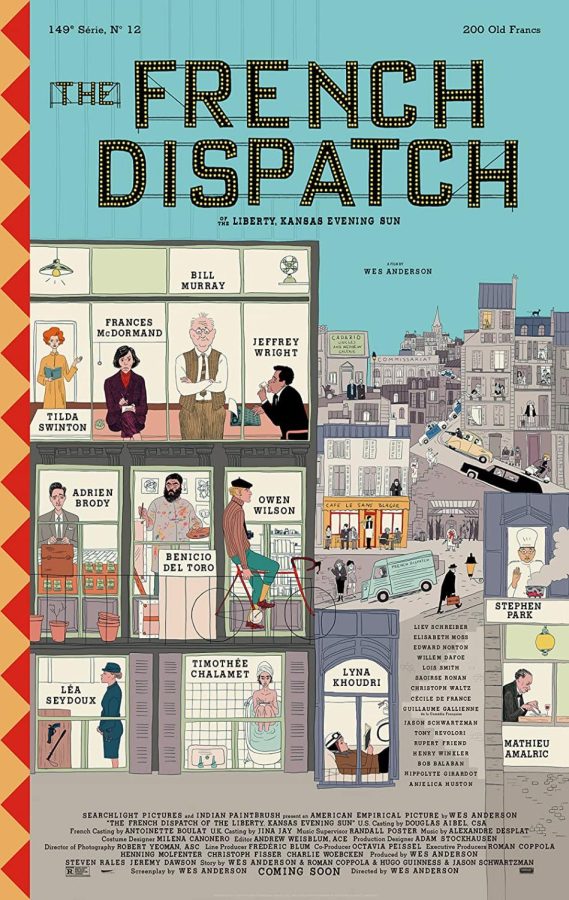







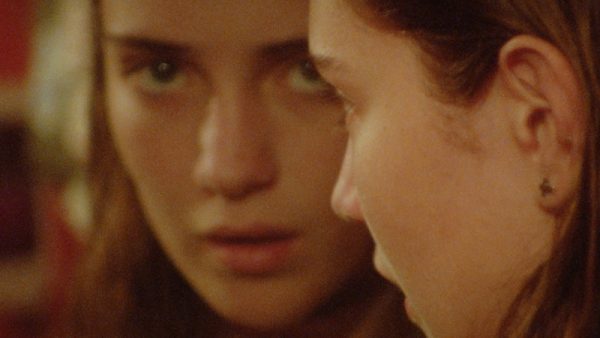

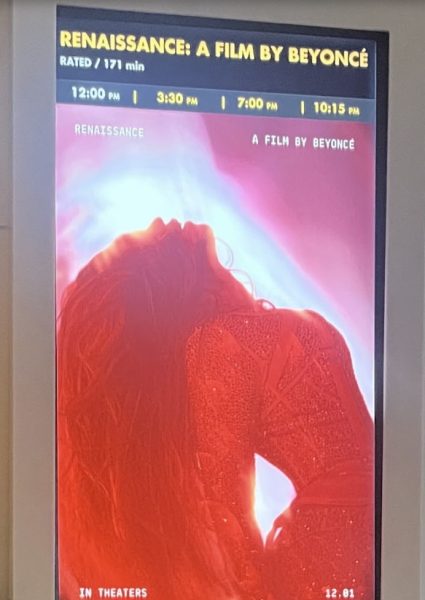
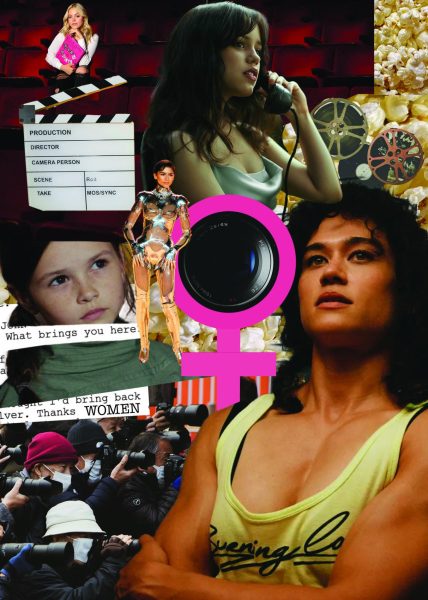
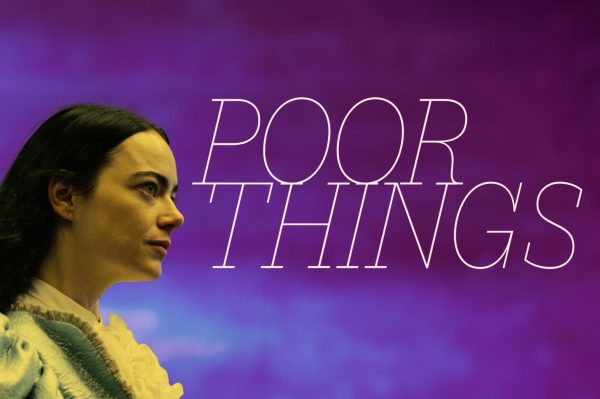
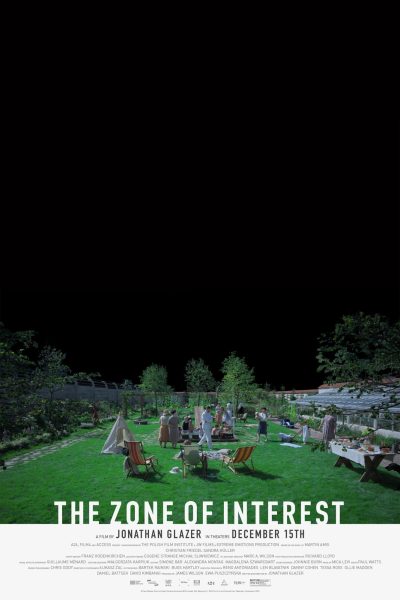
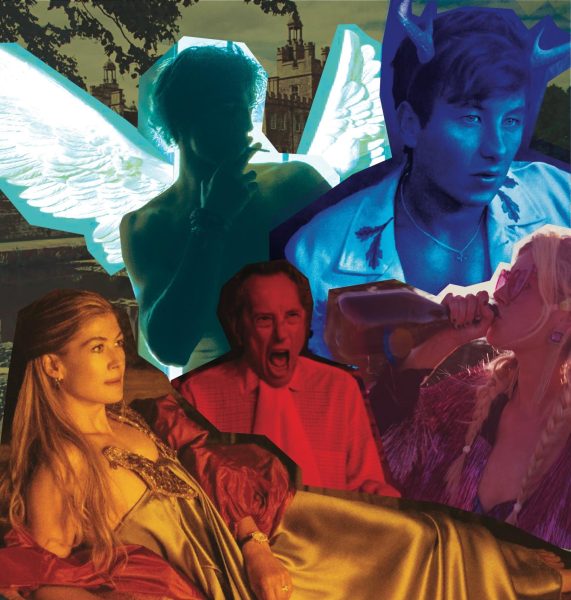
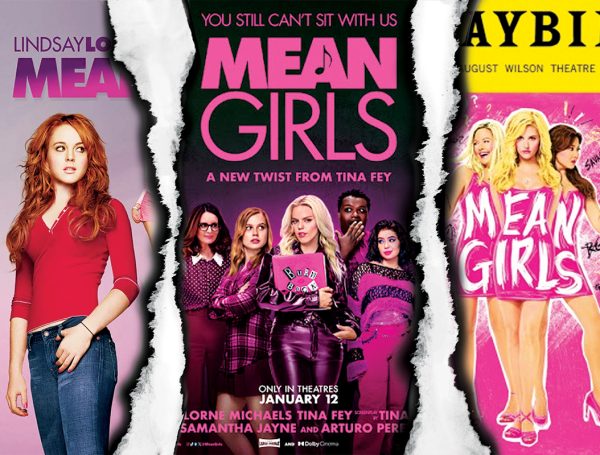
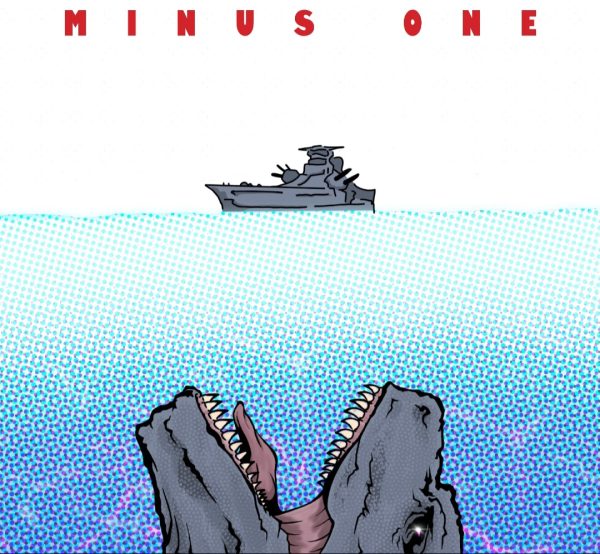
ayyappa • Feb 9, 2022 at 1:18 am
agree